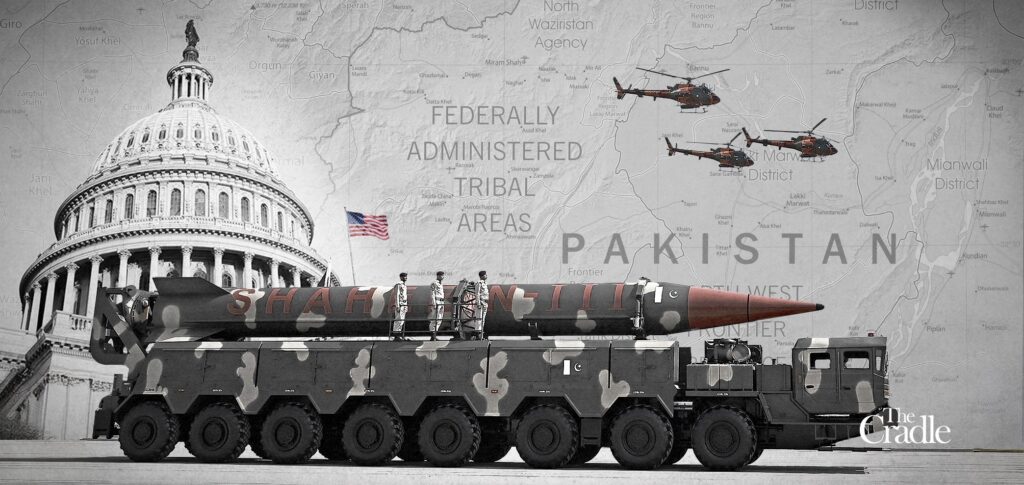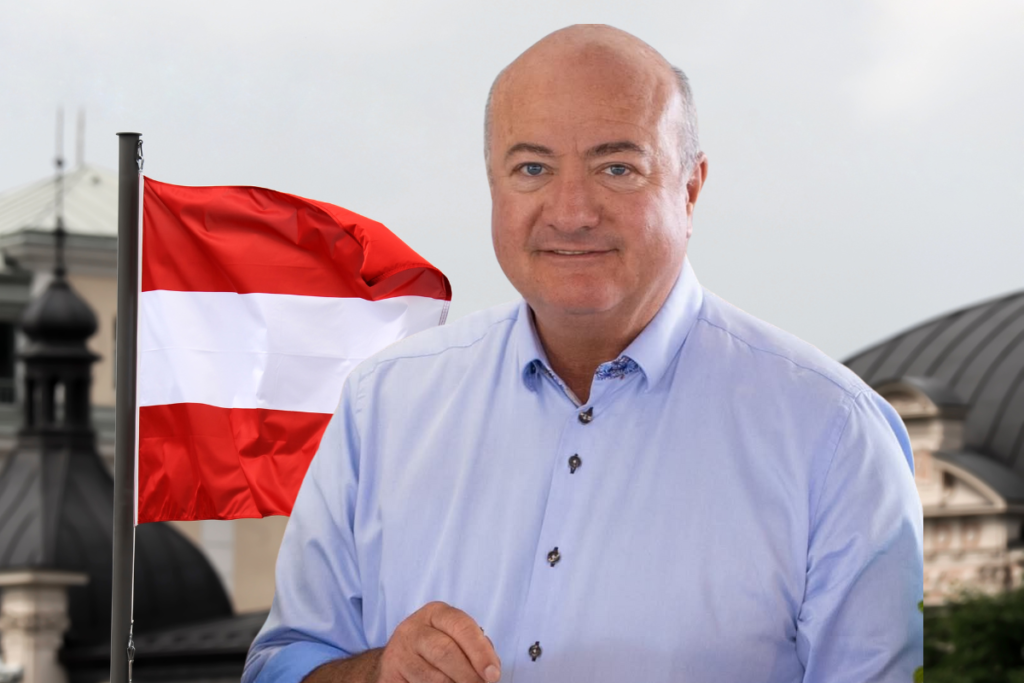In a dramatic resolution to a brewing international conflict, two Colombian air force planes landed in Bogotá, having returned from the United States with Colombian migrants who had been deported. The situation escalated when Colombian President Gustavo Petro initially refused to allow US military flights carrying Colombian deportees to land, citing concerns over their treatment.
The incident threatened to ignite a trade war between Colombia and the United States, as former President Donald Trump responded by threatening to impose 25% tariffs on Colombian goods. This move was seen as part of Trump’s broader immigration strategy to enforce mass deportations and ensure compliance from international partners.
Diplomatic negotiations ultimately led to an agreement allowing Colombia to send its own planes to collect the migrants, a solution that Petro emphasized treated the deportees with dignity. Photos shared by Petro showed the returnees disembarking the planes without handcuffs, a stark contrast to reports of detainees being restrained on similar flights elsewhere.
This development comes amid the backdrop of previous deportation flights from the US to Colombia, which saw 124 flights in the previous year alone. President Petro’s decision was influenced by visuals of other deportees, highlighting the inhuman conditions they faced during transit, which he vowed would not be tolerated for Colombian citizens.
The tensions between the US and Colombia highlight the delicate balance of international agreements and the repercussions of unilateral actions. Trump’s administration quickly retaliated with economic sanctions and visa restrictions, underlining the potential consequences for countries that resist US policies on immigration.
The temporary visa restrictions affected many Colombians, with hundreds of visa appointments canceled, leaving individuals who had traveled long distances to the US embassy in Bogotá disappointed and confused.
Although the terms of the diplomatic resolution have not been fully disclosed, it appears that Colombia conceded to some of the demands set forth by Trump, agreeing to the unfettered repatriation of its nationals. Colombian Foreign Minister Luis Gilberto Murillo expressed relief over overcoming the diplomatic standoff, stressing the importance of receiving deported nationals in conditions that respect their dignity.
The incident has prompted regional discussions on how to collectively address the US’s migration policies, with a summit convened by Honduras set to address these challenges. President Petro is expected to play a key role in these talks, continuing to advocate for humane treatment of migrants from Latin America.
This episode serves as a potent reminder of the complexities of international relations, especially under the shadow of aggressive immigration policies pursued by powerful nations. As both countries navigate the intricacies of diplomacy, the focus remains on ensuring humanitarian standards for those caught in the crossfire of political posturing.



